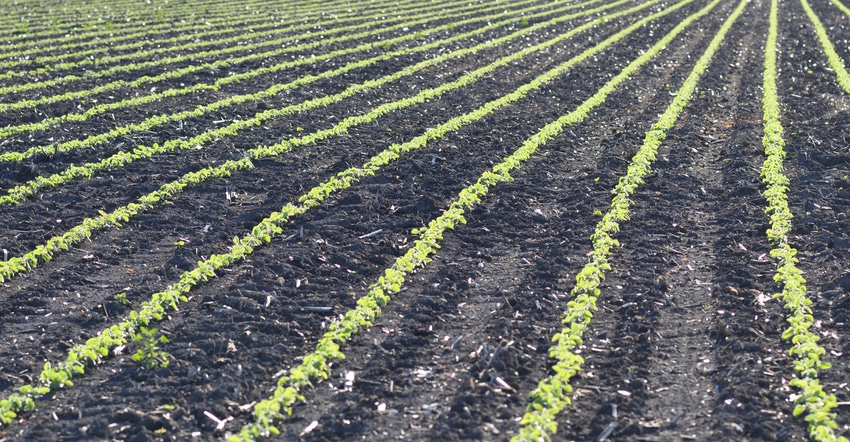August 7, 2018

By Ross Albert
I have been heavily involved with production agriculture for around 10 years. In that short amount of time, I’ve seen a shift in how farmers manage farming operations — and I know it will continue to change. What are the three areas great farmer-managers in the future will need to hone in on? Here’s a look:
1. People and relationship management skills. For today’s farmer, cultivating relationships is now more important that cultivating the land. Like with most businesses, relationships are key to a farm’s long-term success.
Each year, more land moves into the hands of absentee landowners, which means more relationships for the average farmer to cultivate. In the past, simply being a good farmer carried you further than it does today. Now, you can be the best agronomist, operator or mechanic in the world, but it’s all for nothing if you can’t work with people. Your ability to communicate and network will help you maintain current relationships and be the keys to creating new opportunities.
Tomorrow’s farmer will need to be passionate about agriculture and people at the same time.
2. Paperwork and data management. Talking with farmers and farm managers with more experience than I have, I understand the amount of “bookwork” for today’s operation is much more extensive than it was a few decades ago.
Like it or not, our industry has become enthralled with regulations, audits and rules that didn’t exist in the past. Crop insurance, government programs, nutrient management, financial documentation and tax reporting are all examples of the areas that take more time and energy from today’s farmer than they ever did in the past. Good farmers have to develop skills and time management plans to accommodate these items.
Evidence suggests this will only continue to increase. It’s tough for farmers to get excited about that list of paperwork, but it’s still an important one. Make sure you develop a team that can assist you with getting those tasks done.
3. Excellent risk managers and business operators. More operations understand their breakeven today than in the past. The volatility of production agriculture and tight margins have forced poor risk managers out. Those operations that remain have good risk managers, and they have a skill set that will propel them into the future.
The feel-good emotions of the family farm are great, but the business motives are what will sustain an operation. We see farms growing in size while profit margins per unit decline, and this environment will only support those who excel at managing risk.
Tomorrow’s farm will keep extremely tight books, manage market volatility and have a clear understanding of the law of diminishing returns.
Albert is a farm manager with Soy Capital Ag Services, Bloomington, Ill. He is a member of the Illinois Society of Professional Farm Managers and Rural Appraisers. Email farm management questions to Carroll Merry at [email protected].
You May Also Like




